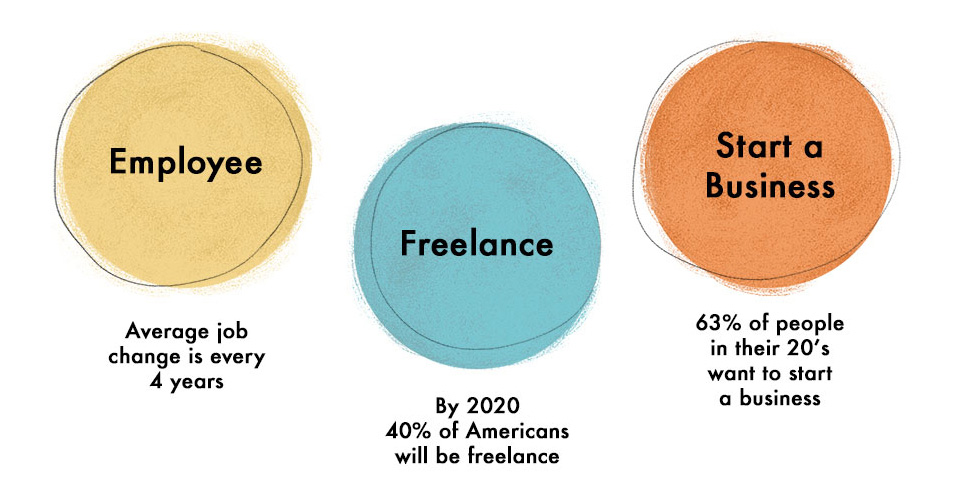For 2015 I want to clarify my personal mission statement so it can be an anchor for my decisions moving forward.
To Explore the World & Explain what matters
It is good for your mission statement to be short, easy to remember. But most importantly, your mission statement should clearly summarize what you are all about. Anytime you are doing something that doesn't align with your mission statement you should seriously consider why you are doing it.
Exploration - I am insatiably curious. I love to learn about new things and I always want to know why they matter.
Explanation - I love to make complicated things simple. I love to translate big ideas in easy to understand ways.
This mission statement stays broad and flexible while also creating guard rails to keep me from getting off course. A mission statement is different than a vision statement, which is an idealistic goal that your mission could accomplish.
--
Jonathan Collins resides in Portland, OR with his wife and two sons. He is a co-founder of Epipheo, Sincerely Truman and The Bible Project. He enjoys turning ideas into realities, writing, speaking and breakfast burritos.











